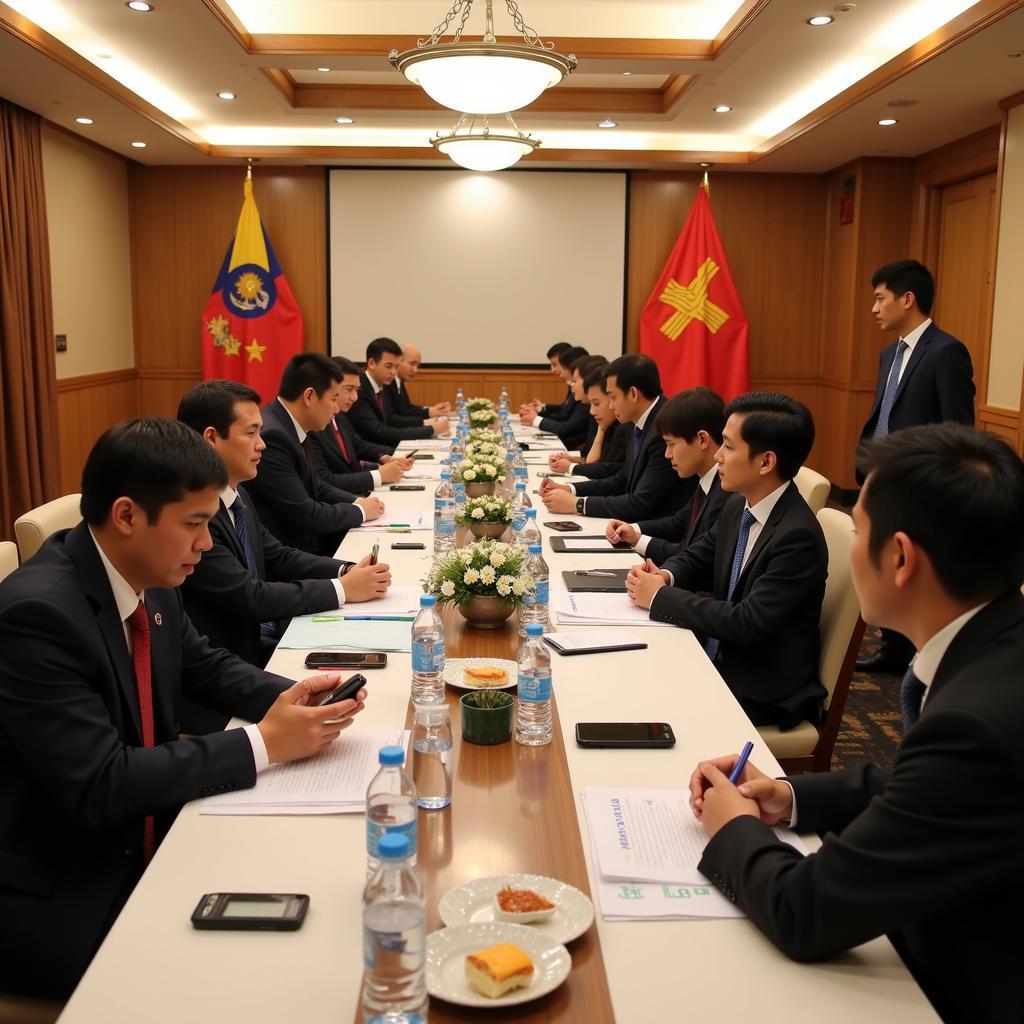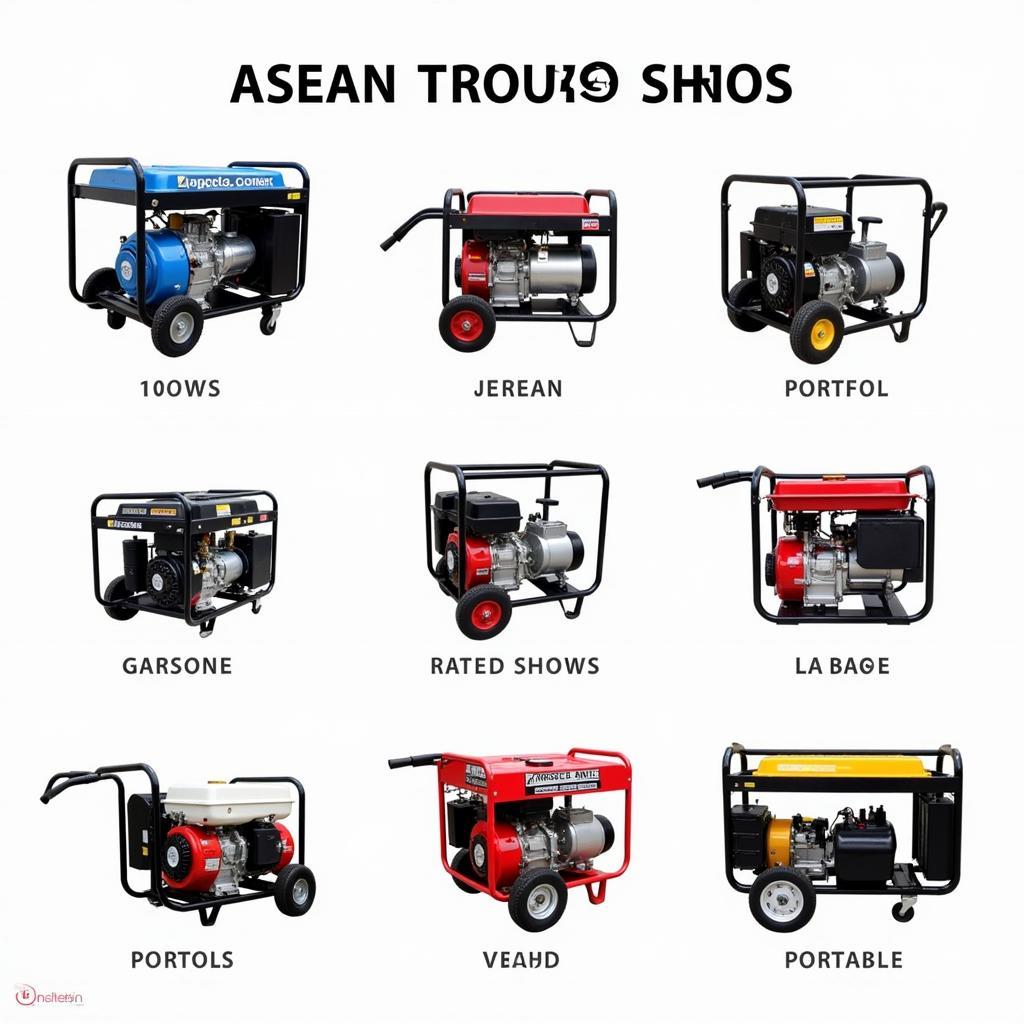The ongoing Rohingya crisis, a humanitarian disaster unfolding in Myanmar and impacting neighboring countries, highlights the limitations of ASEAN in resolving complex regional conflicts. While ASEAN cannot single-handedly solve the Rohingya crisis, the organization’s role is crucial in mediating dialogue, providing humanitarian aid, and fostering regional stability.
Why ASEAN Cannot Solve the Rohingya Crisis Alone
The Rohingya crisis is deeply rooted in Myanmar’s domestic politics, including issues of citizenship, ethnic discrimination, and historical tensions. ASEAN, as an intergovernmental organization built on the principle of non-interference in member states’ internal affairs, faces significant challenges in directly addressing the root causes of the crisis within Myanmar. The organization’s consensus-based decision-making process also complicates efforts to take swift and decisive action. While ASEAN can exert diplomatic pressure and facilitate dialogue, ultimately, the solution lies within Myanmar itself. The military junta’s unwillingness to cooperate with international efforts and its continued human rights abuses against the Rohingya further impede progress.
The Role of ASEAN in Addressing the Rohingya Crisis
Despite the limitations, ASEAN plays a vital role in mitigating the impacts of the Rohingya crisis. The organization provides a platform for dialogue between Myanmar and affected countries, particularly Bangladesh, which hosts a large number of Rohingya refugees. ASEAN also coordinates humanitarian aid efforts, providing essential supplies and support to refugees and displaced communities. Furthermore, ASEAN works to prevent the crisis from escalating into a wider regional conflict by promoting peace and stability in the region.
ASEAN’s Humanitarian Efforts
ASEAN member states have contributed to humanitarian assistance for the Rohingya refugees, primarily through the AHA Centre (ASEAN Coordinating Centre for Humanitarian Assistance on disaster management). This aid includes food, shelter, medical supplies, and other essential necessities. However, the scale of the crisis requires greater international support and collaboration to meet the growing needs of the Rohingya population.
The Challenges of Repatriation
One of the most significant challenges in addressing the Rohingya crisis is the issue of repatriation. The safe and dignified return of Rohingya refugees to Myanmar remains a priority, but achieving this requires addressing the underlying issues of citizenship, security, and human rights within Myanmar. ASEAN can play a crucial role in facilitating dialogue and creating conditions conducive to repatriation, but ultimately, the Myanmar government must take responsibility for ensuring the safety and well-being of returning refugees.
ASEAN’s Diplomatic Efforts
ASEAN has engaged in diplomatic efforts to address the Rohingya crisis, including facilitating dialogues and negotiations between Myanmar and Bangladesh. The organization has also called on Myanmar to cooperate with international investigations into human rights abuses and to implement recommendations aimed at addressing the root causes of the crisis. However, progress in these diplomatic efforts has been slow and challenging, hampered by the political complexities and sensitivities surrounding the issue.
 ASEAN Diplomatic Meeting on Rohingya Crisis
ASEAN Diplomatic Meeting on Rohingya Crisis
Conclusion
The Rohingya crisis presents a complex and multifaceted challenge for ASEAN. While the organization cannot single-handedly resolve the crisis, its role in facilitating dialogue, providing humanitarian aid, and fostering regional stability remains essential. The international community must continue to support ASEAN’s efforts and pressure the Myanmar government to address the root causes of the crisis, ensure accountability for human rights violations, and create conditions for the safe and dignified return of Rohingya refugees. ASEAN cannot solve the Rohingya crisis, but its continued engagement is crucial for mitigating the humanitarian consequences and promoting long-term peace and stability in the region.
FAQ
- What is ASEAN’s official stance on the Rohingya crisis?
- How has the Rohingya crisis impacted regional stability?
- What are the main obstacles to repatriating Rohingya refugees?
- What role can international organizations play in addressing the crisis?
- How can ASEAN member states contribute to resolving the issue?
- What are the long-term implications of the Rohingya crisis?
- What are the key challenges facing ASEAN in addressing the crisis?
Related Questions and Further Reading
- What are the historical roots of the Rohingya crisis?
- How can the international community support Rohingya refugees?
- What are the implications of the Rohingya crisis for human rights?
Need support? Contact us 24/7 at Phone Number: 0369020373, Email: aseanmediadirectory@gmail.com, or visit us at: Thon Ngoc Lien, Hiep Hoa, Bac Giang, Vietnam.
